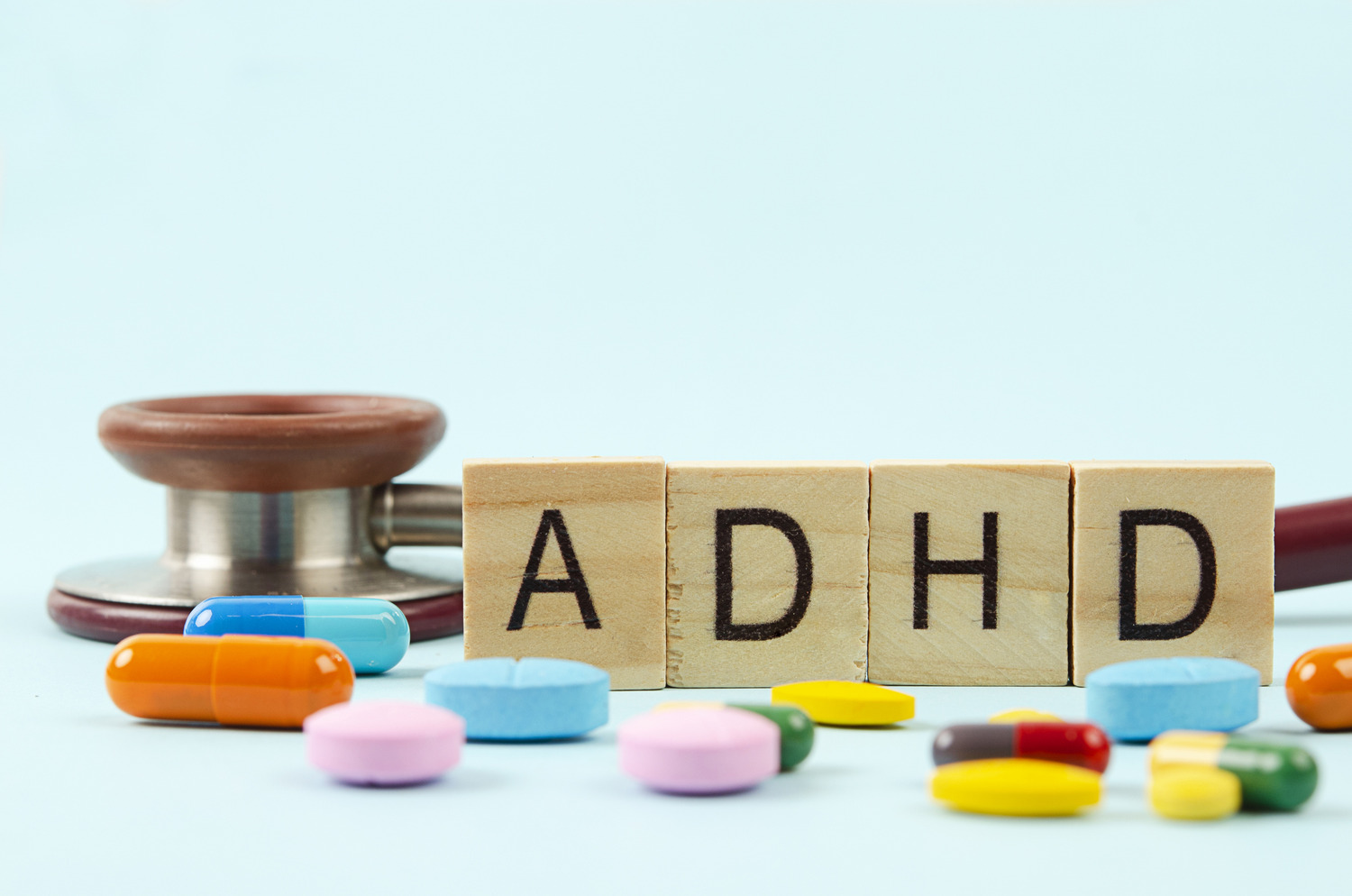 More than 400 GPs have applied to take part in training to allow them to diagnose and prescribe for ADHD.
More than 400 GPs have applied to take part in training to allow them to diagnose and prescribe for ADHD.
The initial 65 GPs to undergo the first of its kind training program developed by the RACGP have now been chosen.
Despite there only being 65 training spaces available hundreds of WA GPs applied, showing a significant interest in managing the condition within general practice.
Dr Sean Stevens, chair of the RACGP WA ADHD working group, said he was heartened by the response.
“I think it shows a level of interest and concern that GPs have for their patients in this area,” he told Medical Forum.
Once trained, GPs will be able to assess ADHD in patients aged 10 and older and, under recent changes to WA’s prescribing regulations, be able to prescribe stimulant medications.
It is hoped this will ease pressure on paediatricians and psychiatrists, helping more people access early diagnosis and treatment.
RELATED: WA leading the way in reforming ADHD care
Participating GPs have been split into three cohorts, with the first of those groups to begin six months of training by the end of October.
Dr Stevens said the second cohort would begin training in February and the third sometime after that in 2026.
He said GPs in rural and remote areas and those servicing lower socio-economic areas had been prioritised.
“It was opened up to people who don’t necessarily have an interest in ADHD and we want a broad cross-section of GPs,” he said.
“There is certainly quite a number who do have experience with ADHD, but we also wanted to be able to upskill GPs who perhaps haven’t had a lot of experience in working with ADHD.”
The program will be supported by specialist mentorship from paediatricians and psychiatrists and delivered with oversight from WA Health.
Dr Stevens added: “It’s important to note that the GPs are not able to diagnose and initiate stimulant medication on their own for ADHD until the end of the training program.
“They have to complete the full six months of training before they can do that and are still expected to practice within their scope.”
RELATED: Guide to the subtleties of ADHD
While many private paediatricians in WA have closed their books to new patients and have waitlists over six months long, Dr Stevens said it was expected that GPs would be able to use their existing relationships with paediatricians and psychiatrists they were currently working with as part of the training program.
“The idea is that the GP will work up a patient who presents with probable ADHD, and they will examine that process,” he said,
“They will then refer on to a paediatrician or a psychiatrist, depending on the age of the patient, and then the paediatrician or psychiatrist will go through their normal diagnostic process and feedback to the GP how and why their decision around whether or not the patient has ADHD was made.”
Dr Stevens said the idea was that the GP would learn from that experience and develop some case conferencing with the ADHD specialist after the diagnostic interview takes place.
GP training in ADHD treatment and management was a major election promise from WA Labor this year.
The 2025-26 State Budget, released in June, earmarked $1.3 million to the ADHD GP Program and support for GPs treating patients with ADHD.
The WA government was the first Australian jurisdiction to announce a comprehensive program for ADHD diagnosis and management by specialist GPs, with other states following suit in recent months.
Want more news, clinicals, features and guest columns delivered straight to you? Subscribe for free to WA’s only independent magazine for medical practitioners.
Want to submit an article? Email editor@mforum.com.au

